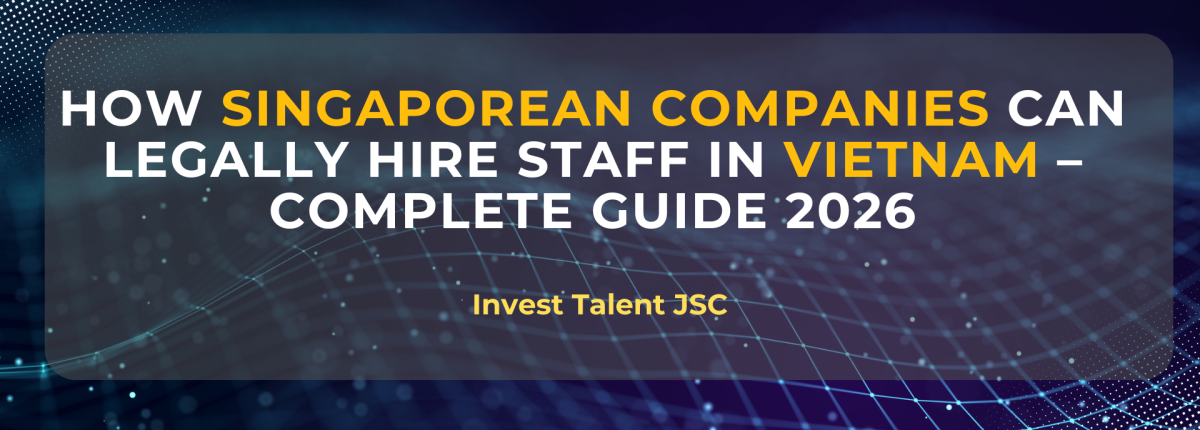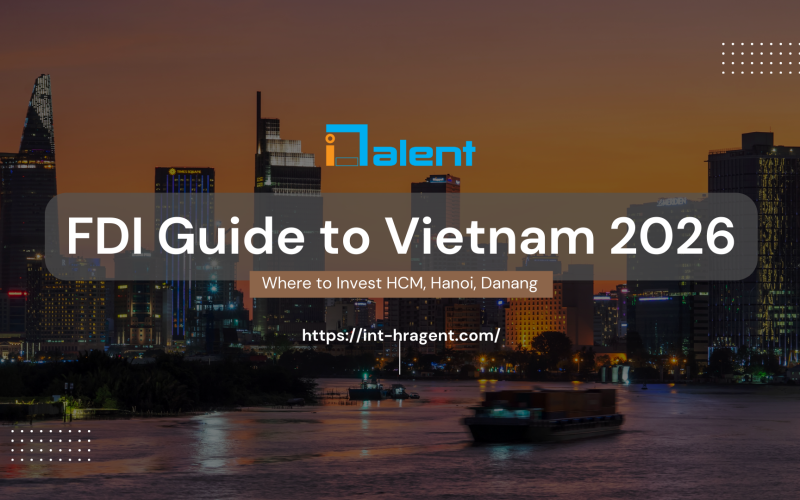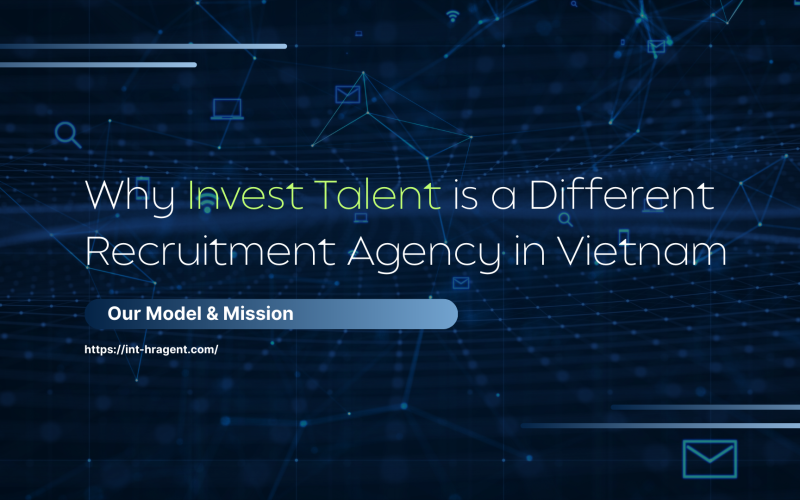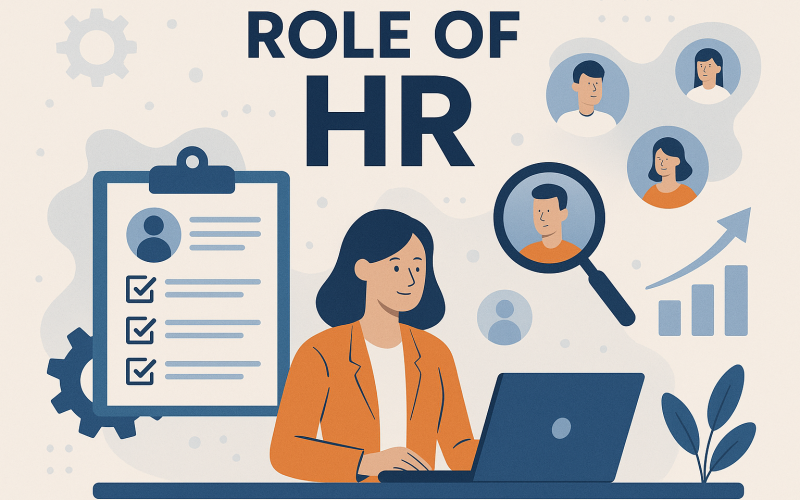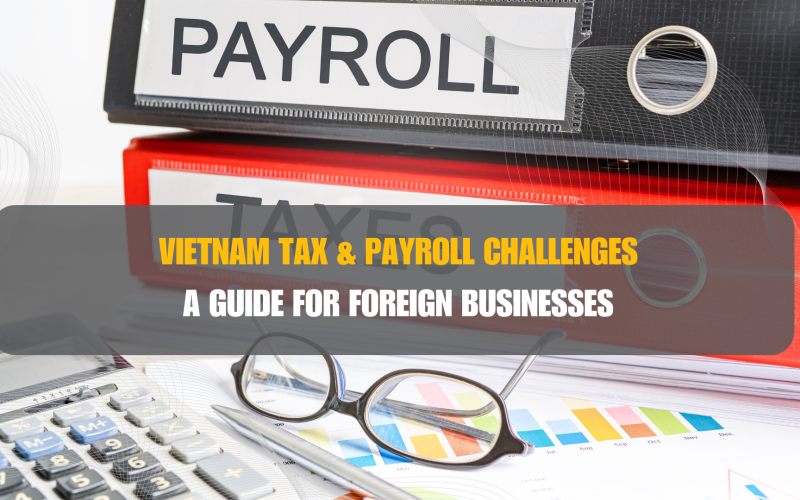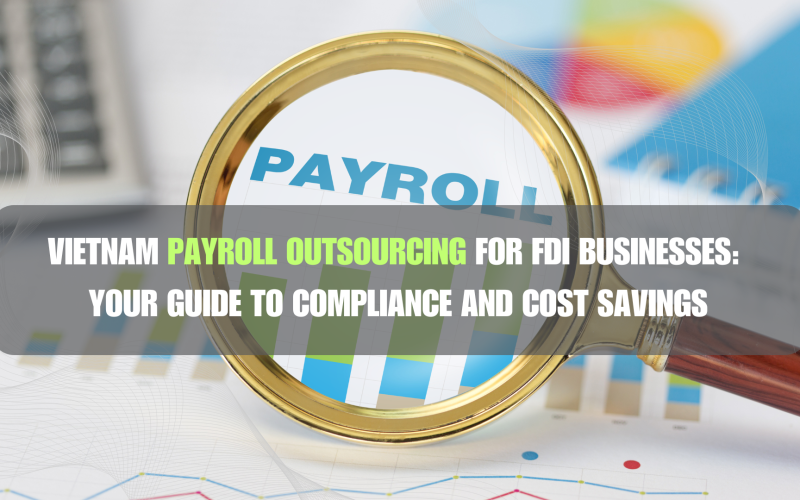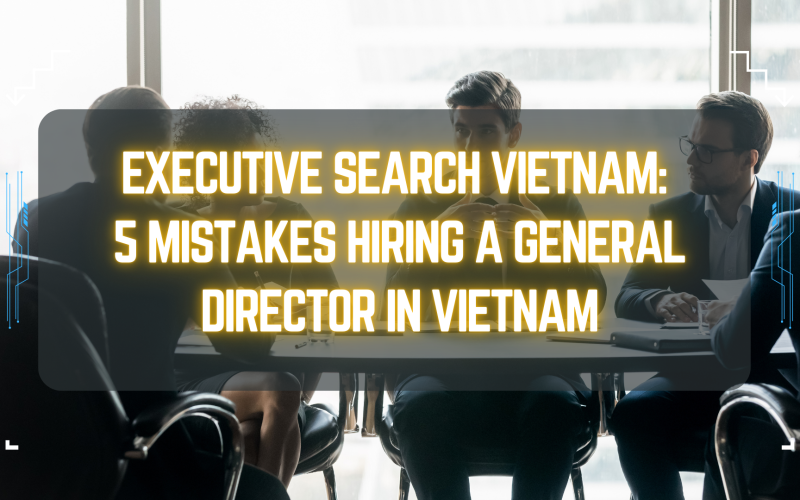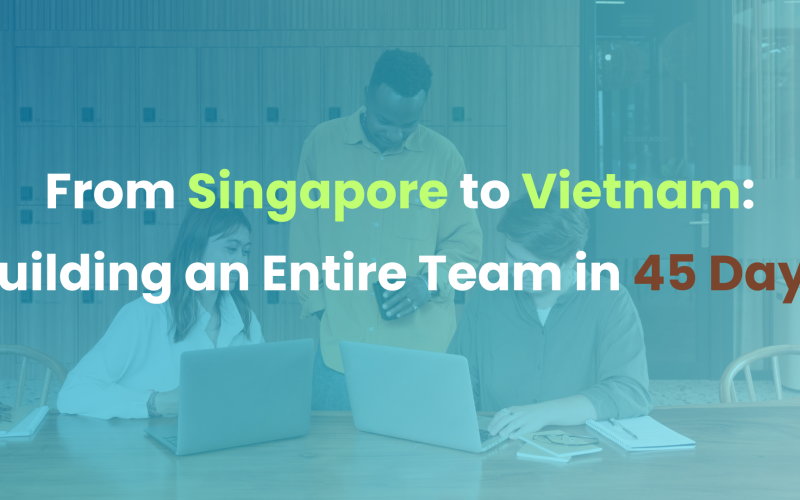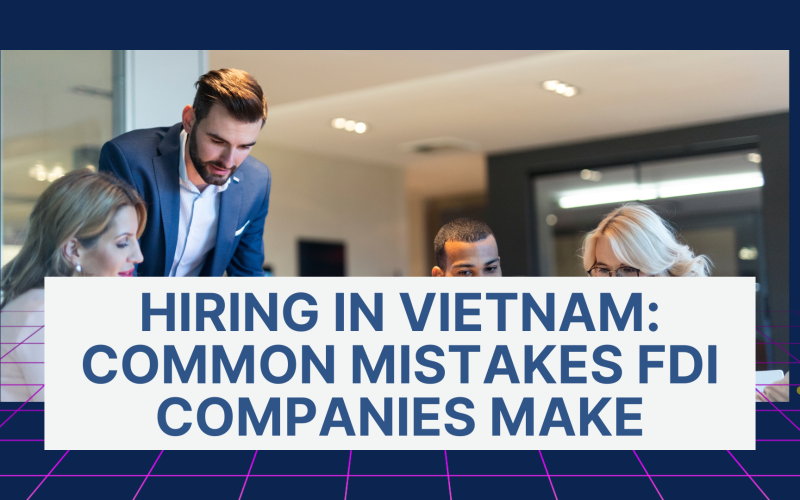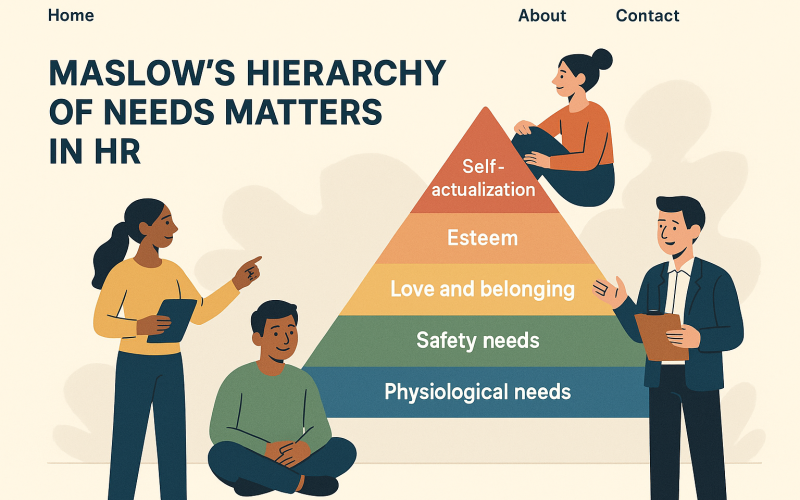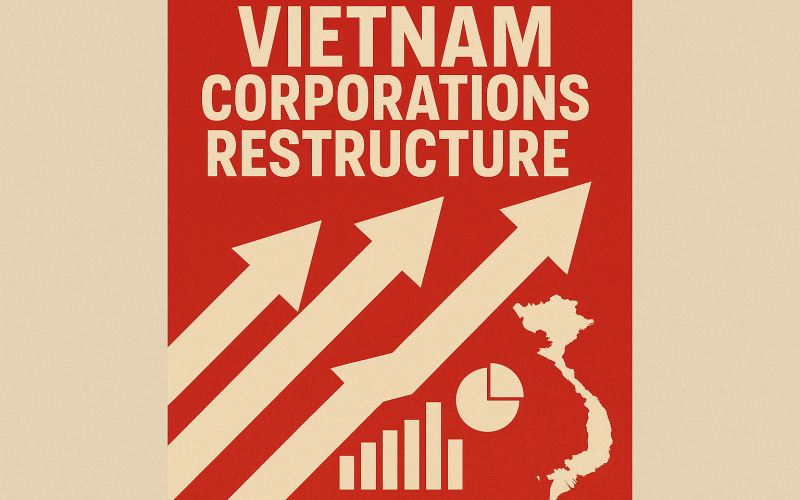How Singaporean Companies Can Legally Hire Staff in Vietnam – Complete Guide 2026
The world of work has transformed dramatically over the last decade. Businesses today are no longer bound by geography when it comes to finding the right talent. For Singaporean companies, this shift has opened doors to neighboring markets like Vietnam, where skilled professionals are available at competitive costs.
Introduction: The Rising Trend of Cross-Border Hiring
Vietnam has been one of Southeast Asia’s fastest-growing economies, attracting attention not only as a manufacturing powerhouse but also as a hub for technology, services, and innovation. As more Singaporean firms explore Vietnam as a destination for outsourcing, setting up operations, or hiring remote staff, one critical question arises:
How can Singaporean companies legally hire staff in Vietnam while staying compliant with local laws?
This guide answers that question in detail, covering everything from labor laws to payroll compliance and hiring strategies.
Understanding Vietnam’s Employment Market
Key Industries with Talent Opportunities
Vietnam is often seen as a manufacturing hub, but its labor market has diversified rapidly. Today, Singaporean employers will find strong talent in:
- Information Technology (IT): Software development, cybersecurity, and mobile applications.
- Business Process Outsourcing (BPO): Customer service, data processing, and virtual assistance.
- Finance and Accounting: Increasing demand for outsourcing services from global firms.
- Engineering and Manufacturing: Skilled technicians and engineers in industrial sectors.
Singaporean firms in fintech, logistics, and digital services are especially well-positioned to benefit.

Average Salary Expectations in Vietnam
Hiring in Vietnam is significantly more affordable compared to Singapore. While salaries vary by role and seniority, here’s a snapshot (monthly averages):
| Job Role | Average Salary (USD) |
|---|---|
| Software Engineer | $700 – $2,000 |
| Customer Service Agent | $400 – $800 |
| Marketing Specialist | $600 – $1,200 |
| Finance/Accounting Exec | $500 – $1,000 |
| Senior Manager | $1,500 – $3,000 |
For Singaporean companies, this cost advantage is one of the strongest incentives to recruit in Vietnam.
Work Culture and Business Etiquette
Understanding Vietnam’s work culture helps avoid misunderstandings:
- Hierarchy matters – Seniority is respected, and decisions often flow from the top.
- Teamwork-focused – Collaboration and loyalty are valued.
- Communication style – Indirect and respectful, especially in conflict situations.
- Holidays and customs – Key observance is Tet (Vietnamese New Year), when most businesses shut down for 7–10 days.
For Singaporean employers, demonstrating respect for local customs builds trust and employee loyalty.
Legal Framework for Hiring in Vietnam
Vietnam Labor Code Overview
The Labor Code 2019, effective from January 2021, is the cornerstone of employment law in Vietnam. It regulates:
- Employee rights and working conditions
- Types of employment contracts
- Employer obligations (taxes, benefits, and insurance)
- Termination procedures
Failure to comply can result in fines, back-pay obligations, and business restrictions.
Types of Employment Contracts Allowed
Vietnam recognizes three main contract types:
- Indefinite-term contracts – No fixed end date, offering long-term security.
- Definite-term contracts – Up to 36 months; common for most employment relationships.
- Seasonal/temporary contracts – Less than 12 months; usually for project-based roles.
All contracts must be in Vietnamese, though bilingual (English-Vietnamese) versions are acceptable.
Taxation and Social Insurance Contributions
Employers in Vietnam must contribute to three major funds:
- Social Insurance (17.5%)
- Health Insurance (3%)
- Unemployment Insurance (1%)
Meanwhile, employees contribute about 10.5% of their salaries.
Income tax is progressive, ranging from 5% to 35%, depending on salary brackets. Singaporean companies must ensure payroll compliance to avoid penalties.
Vietnam Tax & Payroll Challenges: A Guide for Foreign Businesses
Hiring Options for Singaporean Companies
1. Setting Up a Local Entity in Vietnam
The traditional method is to establish a subsidiary, branch, or representative office in Vietnam. This gives employers direct hiring control but comes with:
✅ Full legal compliance
✅ Ability to expand long-term
❌ High setup cost and ongoing administration
2. Partnering with a Recruitment Agency
Recruitment agencies are a reliable bridge for Singaporean companies wanting to hire in Vietnam without immediately setting up a legal entity. These agencies specialize in sourcing talent, conducting background checks, and navigating cultural nuances in the hiring process.
One notable provider is Invest Talent JSC (Recruitment Service & Payroll Service), a Vietnam-based agency that not only helps Singaporean firms find the right candidates but also offers end-to-end payroll solutions. This ensures compliance with local tax and labor laws while saving employers time and resources.
Advantages of working with agencies like Invest Talent include:
- Access to pre-screened local candidates.
- Faster recruitment cycles.
- Payroll and compliance support.
- Industry-specific expertise across IT, finance, and operations.
This option is especially suitable for Singaporean SMEs exploring Vietnam for the first time, as it balances flexibility with compliance.
3. Using an Employer of Record (EOR) Service
An Employer of Record (EOR) is the fastest and most efficient option.
With an EOR:
- The EOR becomes the legal employer of staff in Vietnam.
- The Singaporean company manages daily tasks and performance.
- Payroll, taxes, and compliance are handled by the EOR.
This allows companies to hire in weeks instead of months without setting up a legal entity.
Hiring Employees in Vietnam without a Legal Entity

Real Case Studies: Singaporean Companies Hiring in Vietnam
Case Study 1: Fintech Startup Expansion
A Singaporean fintech company wanted to expand its customer support team across Asia. Instead of setting up a branch office, it worked with an Employer of Record (EOR) in Vietnam. Within three months, it had hired 15 Vietnamese support agents, achieving 40% cost savings compared to hiring locally in Singapore.
Case Study 2: Logistics Firm Scaling Operations
A logistics provider in Singapore was struggling with regional supply chain coordination. By partnering with Invest Talent JSC, the company hired bilingual operations managers in Ho Chi Minh City. The result: smoother cross-border communication and improved delivery efficiency across ASEAN markets.
Case Study 3: Tech Company’s Remote Development Team
A Singapore-based SaaS company needed developers but faced talent shortages at home. Using a recruitment agency with payroll outsourcing in Vietnam, it built a remote 20-person development team. Compliance, payroll, and HR support were fully handled locally, freeing the Singapore HQ to focus on growth.
Common Challenges Faced by Singaporean Employers
- Language and Cultural Differences – Misinterpretations during hiring or contract negotiations.
- Complex Labor Regulations – Frequent legal changes make compliance difficult.
- Payroll & Tax Compliance Issues – Mistakes can result in fines or penalties.

Benefits of Hiring Vietnamese Talent
- Cost-Effective Workforce – Labor costs are significantly lower than in Singapore.
- Skilled Professionals – A young, tech-savvy workforce with increasing English proficiency.
- Strategic ASEAN Location – Ideal for expanding regional operations.
Tips for Successful Hiring in Vietnam
- Leverage Local Expertise – Use EOR providers or HR consultants.
- Build Employee Relations – Offer fair wages, training, and benefits.
- Stay Updated on Laws – Regularly monitor labor code updates.
FAQs on Hiring Staff in Vietnam
1. Can a Singapore company directly hire staff in Vietnam without a local entity?
No, unless using an Employer of Record (EOR).
2. Are employment contracts in English valid in Vietnam?
No. Contracts must be in Vietnamese, though bilingual versions are common.
3. What is the probation period allowed in Vietnam?
Between 6 and 60 days, depending on job type.
4. Do employers need to provide health insurance?
Yes, it is mandatory.
5. Can Singaporean companies hire freelancers in Vietnam?
Yes, but freelancers must be treated as independent contractors, not employees.
6. What happens if an employer violates labor laws?
Penalties can include fines, back pay, and even suspension of business activities.
Conclusion: Expanding Into Vietnam with Confidence
For Singaporean companies, the path to legally hiring staff in Vietnam is clear. Whether through setting up a local entity, working with recruitment agencies like Invest Talent JSC for Recruitment Service & Payroll Service, or partnering with an Employer of Record, businesses can unlock Vietnam’s talent pool while staying compliant.
By making informed choices, understanding labor laws, and leveraging expert support, Singaporean firms can scale confidently across borders.
Ready to hire in Vietnam without the headaches of compliance and payroll?
Partner with Invest Talent JSC to access skilled professionals and ensure 100% legal hiring.
Contact Invest Talent today to start building your Vietnam team with confidence!

